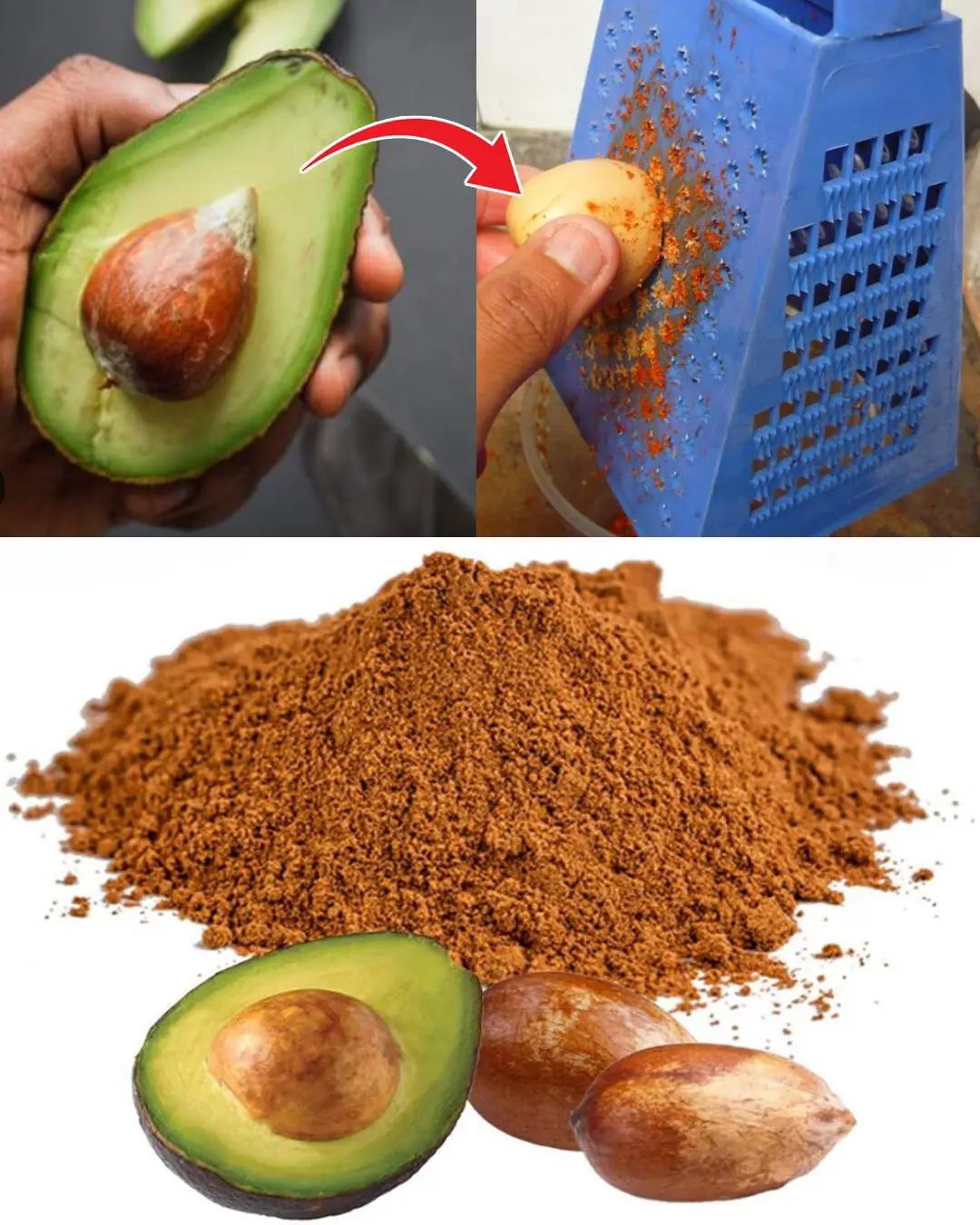
Cloves Benefits and Uses

Cloves are a small spice with a powerful punch. Whether you’ve used them in holiday recipes or seen them as part of a spice blend, cloves are more than just a flavor enhancer — they offer numerous health benefits. From digestive support to pain relief, cloves have been a staple in traditional medicine for centuries. One of the best ways to enjoy the benefits of cloves is by boiling them in water to make a soothing, health-boosting tea. This simple drink has been used for generations in various cultures for its wide range of health-enhancing properties. In this article, we’ll explore the benefits of cloves, how to prepare clove tea, and why you’ll be grateful you included this powerful spice in your daily routine. Buy vitamins and supplements to complement the health benefits.
The Nutritional Power of Cloves
Cloves are the dried flower buds of the Syzygium aromaticum tree, commonly used in both culinary and medicinal practices. Packed with vitamins, minerals, and antioxidants, they are an excellent source of manganese, fiber, and vitamins like vitamin K and vitamin C. Cloves are also rich in eugenol, a powerful compound known for its anti-inflammatory, antimicrobial, and antioxidant properties. By incorporating cloves into your diet, you can naturally boost your health in several impactful ways.
Key Nutrients in Cloves:
-
Manganese: Supports bone health and metabolism, making it essential for energy production and overall well-being.
-
Antioxidants: Fight oxidative stress and reduce inflammation, helping to prevent chronic diseases like heart disease and cancer.
-
Eugenol: Provides antibacterial, antifungal, and anti-inflammatory benefits, making it an essential compound for fighting infections.
Health Benefits of Drinking Clove Tea
Boiling cloves in water releases their beneficial compounds, creating a simple yet powerful clove tea that can be consumed regularly. Here are some of the top health benefits of drinking clove tea:
1. Boosts Digestive Health
Cloves have long been used as a remedy for indigestion, bloating, and gas. Drinking clove tea can stimulate the production of digestive enzymes, helping your body break down food more efficiently. Clove tea also soothes the lining of the stomach, making it an effective remedy for indigestion and heartburn. It’s a great option for those who frequently experience digestive discomfort.
Digestive Benefits:
-
Improves digestion by stimulating enzymes.
-
Reduces bloating and discomfort after meals.
-
Soothes stomach issues like indigestion.
2. Anti-Inflammatory and Pain Relief
The compound eugenol found in cloves acts as a natural anti-inflammatory, helping to reduce pain and swelling. Clove tea can be particularly helpful for those suffering from arthritis or muscle pain. Drinking clove tea may also help relieve headaches and toothaches due to its analgesic properties. This makes clove tea a natural pain-relieving beverage for various ailments.
Pain Relief Benefits:
-
Reduces inflammation in the body, making it useful for arthritis or injuries.
-
Relieves pain from headaches, toothaches, or sore muscles.
3. Supports Immune Health
Cloves have natural antibacterial, antiviral, and antifungal properties, which makes clove tea a great immune-boosting beverage. The high antioxidant content also helps strengthen the immune system, protecting the body from infections and diseases. Regular consumption of clove tea can provide ongoing immune support, especially during cold and flu seasons.
Immune-Boosting Benefits:
-
Fights infections with its antimicrobial properties.
-
Supports overall immune function by reducing oxidative stress.
-
Helps prevent colds and other viral infections.
4. Regulates Blood Sugar
Cloves have been found to improve insulin function and regulate blood sugar levels. For those managing diabetes or looking to maintain healthy blood sugar, clove tea can be a beneficial addition to your diet. The compounds in cloves have shown promise in supporting the regulation of glucose levels and improving insulin sensitivity.
Blood Sugar Benefits:
-
Improves insulin sensitivity, helping regulate blood sugar.
-
Reduces spikes in glucose levels after meals.
5. Promotes Respiratory Health
Clove tea can help alleviate respiratory issues such as coughs, colds, and asthma. The antimicrobial properties in cloves can help clear up infections, while their soothing nature can reduce throat irritation and coughing. It can also support lung function, making it beneficial for those with respiratory conditions or during flu seasons.
Respiratory Benefits:
-
Relieves congestion and sore throats.
-
Eases symptoms of respiratory infections, such as coughs or asthma.
6. Rich in Antioxidants
Cloves are a potent source of antioxidants, which help neutralize free radicals that can cause chronic diseases. Regularly drinking clove tea can protect your cells from oxidative damage and reduce the risk of diseases like cancer and heart disease. The antioxidant properties of cloves make them an excellent addition to a healthy lifestyle.
Antioxidant Benefits:
-
Protects cells from free radical damage.
-
Lowers the risk of chronic diseases, including cancer and heart disease.
7. Improves Oral Health
Clove tea can also benefit your oral health. Cloves have been traditionally used to treat toothaches and gum infections due to their antimicrobial and numbing properties. Drinking clove tea can help prevent the buildup of harmful bacteria in the mouth and reduce the risk of gum disease, leading to better overall oral hygiene.
Oral Health Benefits:
-
Fights bacteria that cause gum disease and bad breath.
-
Provides relief from toothaches and sore gums.
How to Make Clove Tea
Making clove tea at home is simple and requires only a few ingredients. Here’s how you can prepare this healing tea:
Ingredients:
-
4-5 whole cloves
-
1 cup of water
-
Honey or lemon (optional)
Instructions:
-
Boil the Water: In a small pot, bring 1 cup of water to a boil.
-
Add the Cloves: Once the water reaches a rolling boil, add the cloves and reduce the heat to let the tea simmer for 5-10 minutes.
-
Strain and Serve: Remove the pot from heat, strain the tea into a cup, and discard the cloves.
-
Optional Add-Ins: You can add honey or lemon to taste, depending on your preference.
Drink this tea once or twice a day for the best results. It can be consumed warm to soothe digestion or relieve a sore throat, or cooled for a refreshing beverage.
Other Uses for Cloves
Cloves aren’t just for tea — they have a variety of other uses in both cooking and natural remedies:
-
Spice for Cooking: Cloves can be ground and used to season dishes, especially in curries, baked goods, or spice blends like garam masala.
-
Essential Oil: Clove essential oil is used for toothaches, as a natural insect repellent, or in aromatherapy for its warming and soothing properties.
-
Clove Water: You can boil cloves in water and use the liquid as a mouthwash or a rinse to soothe gum inflammation.
Precautions When Using Cloves
While cloves offer many health benefits, it’s important to use them in moderation. Consuming too many cloves or clove oil can cause digestive discomfort, and clove oil should never be used undiluted. Pregnant and breastfeeding women should consult their healthcare provider before adding large amounts of clove tea or clove oil to their diet, as clove’s potent compounds may have strong effects. Buy vitamins and supplements to support your wellness journey.
News in the same category

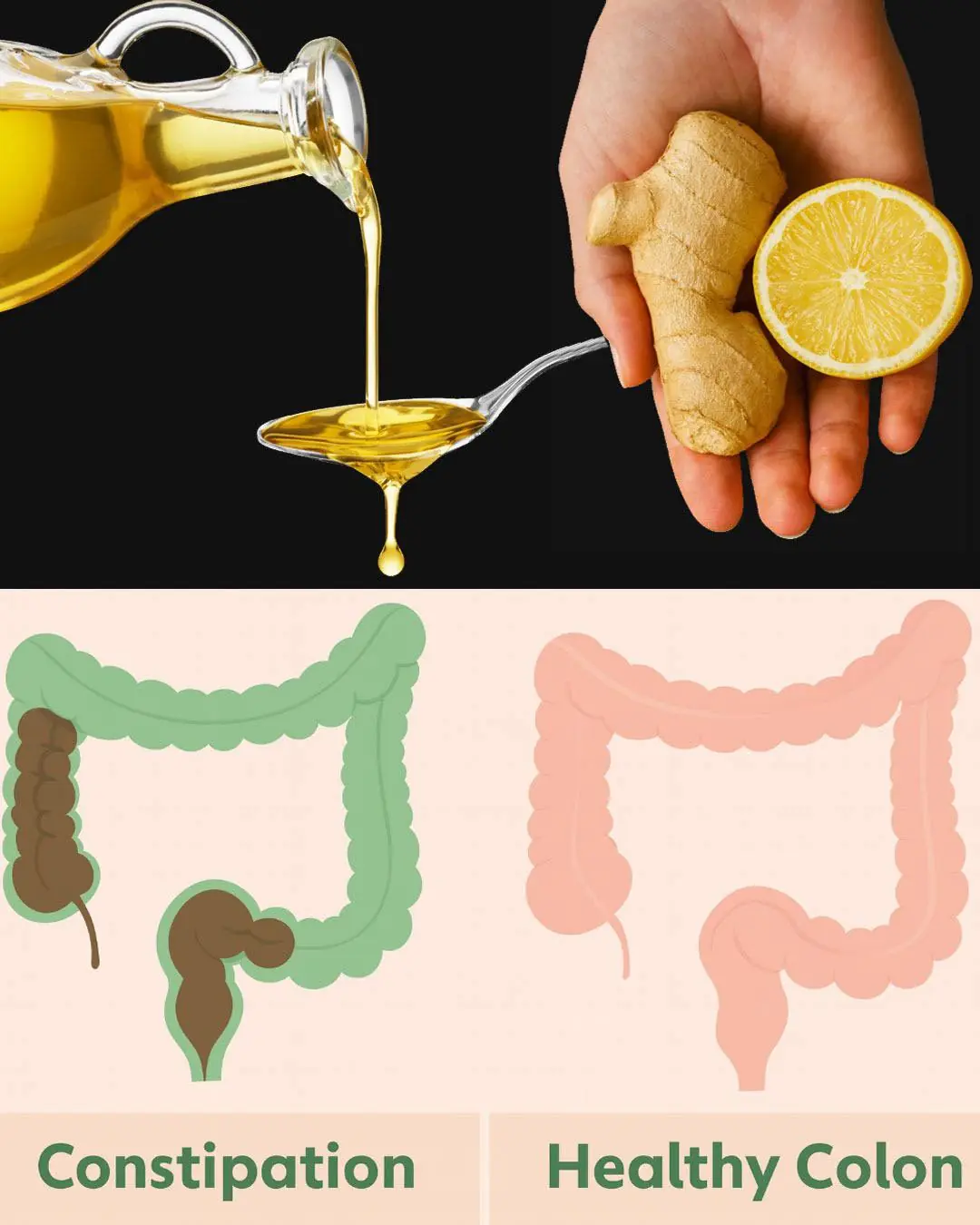
Morning Detox Elixir: Olive Oil, Lemon & Ginger – The Natural Cleanse You Need Daily

Mimosa Pudica: Medicinal Value and Uses

Unlock the Hidden Power of Banana Peels for Radiant, Youthful Skin
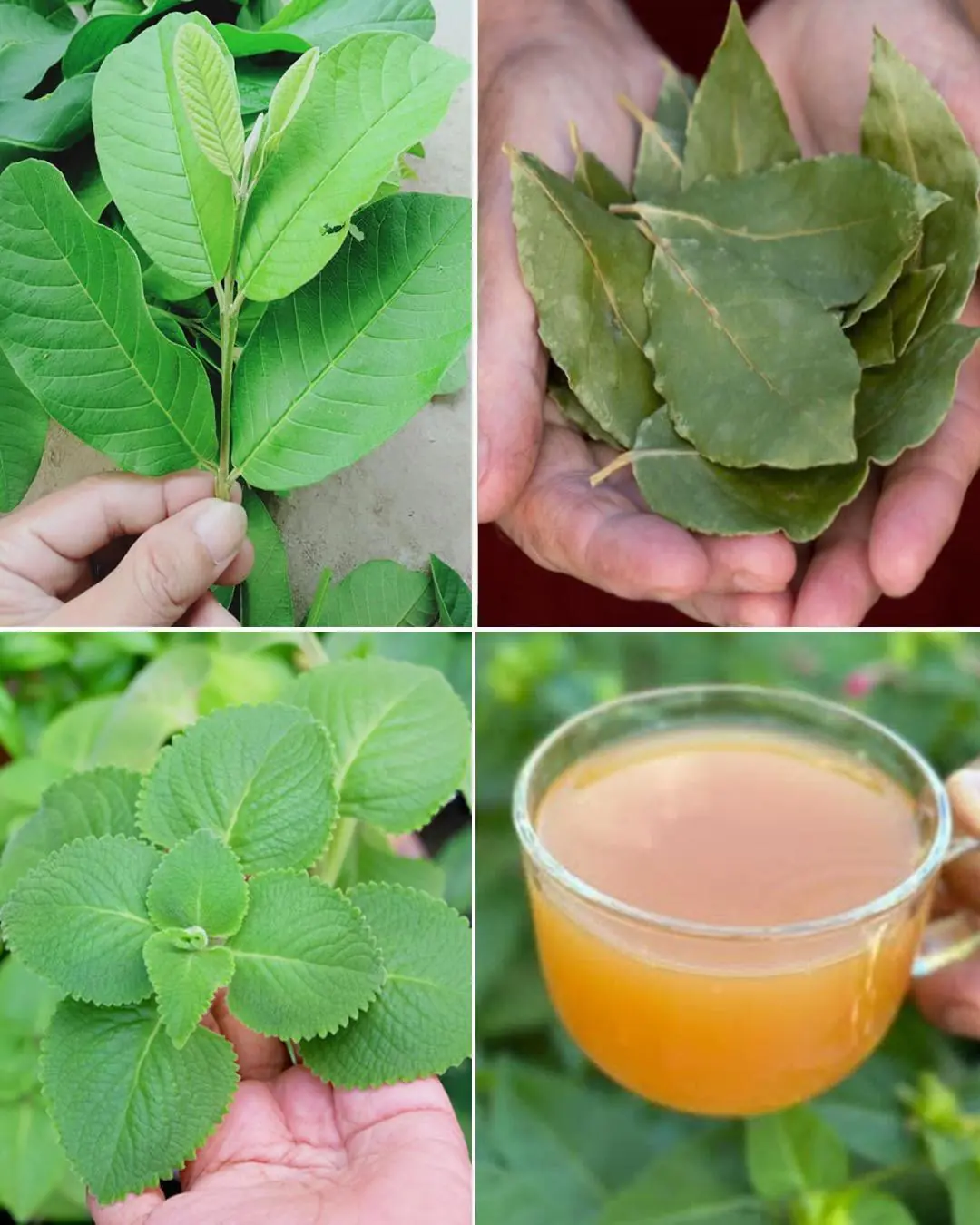
Guava, Oregano, and Bay Leaves: The Healing Leaves used in traditional medicine for centuries
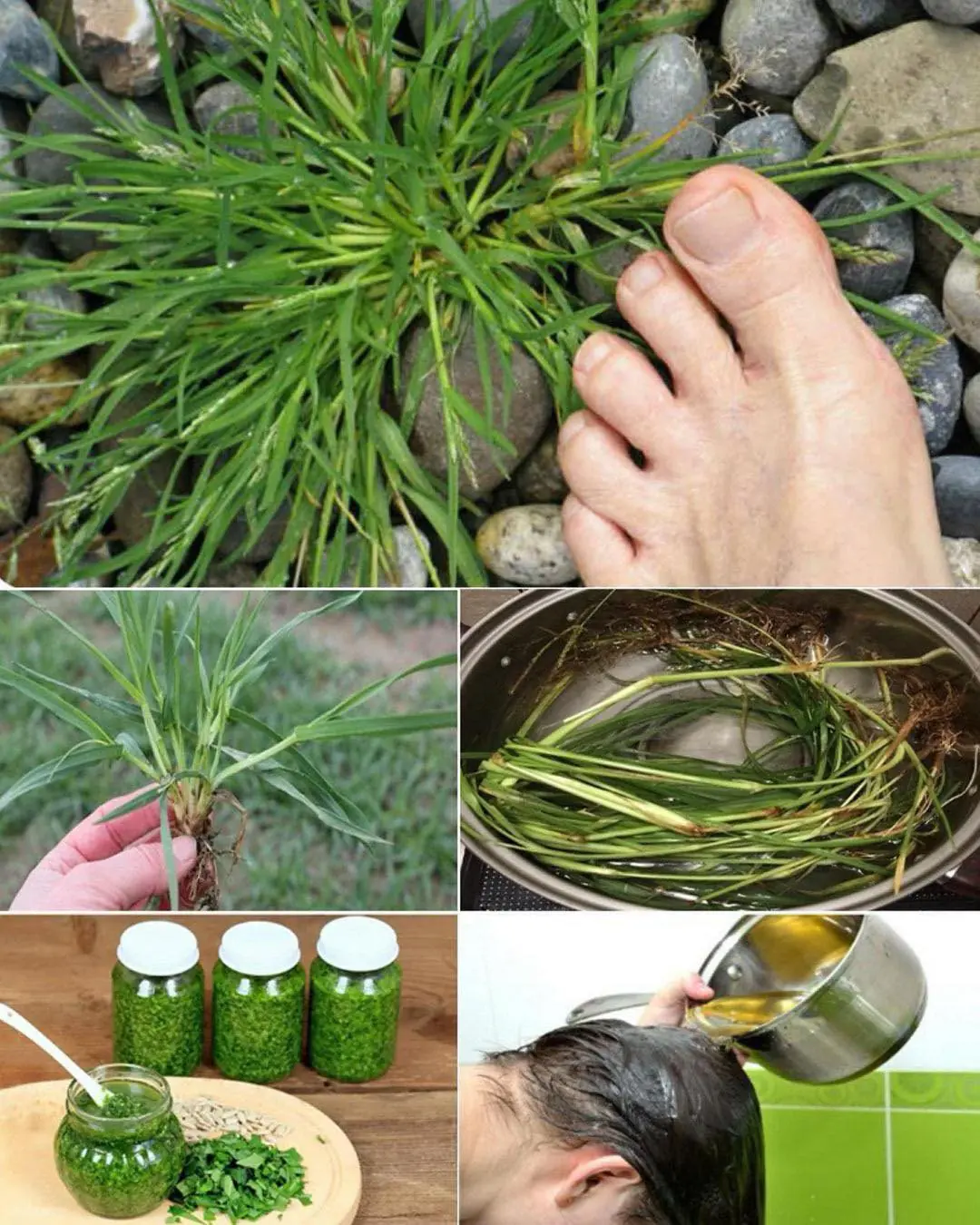
Crabgrass for Hair Loss: Natural Remedies and Uses

Turmeric, Cuban Oregano, and Banana Drink: Natural Remedy for High Blood Pressure, Diabetes, and Poor Circulation

Some of the Benefits of Castor Leaves and the Seed

🍌🥚 Banana and Egg Mask to Look Younger Even in Your 80s

Ginger, Soursop, Sorrel, and Turmeric – The Miracle Drink

Kyllinga brevifolia (Rottb): Benefits and How to Use It
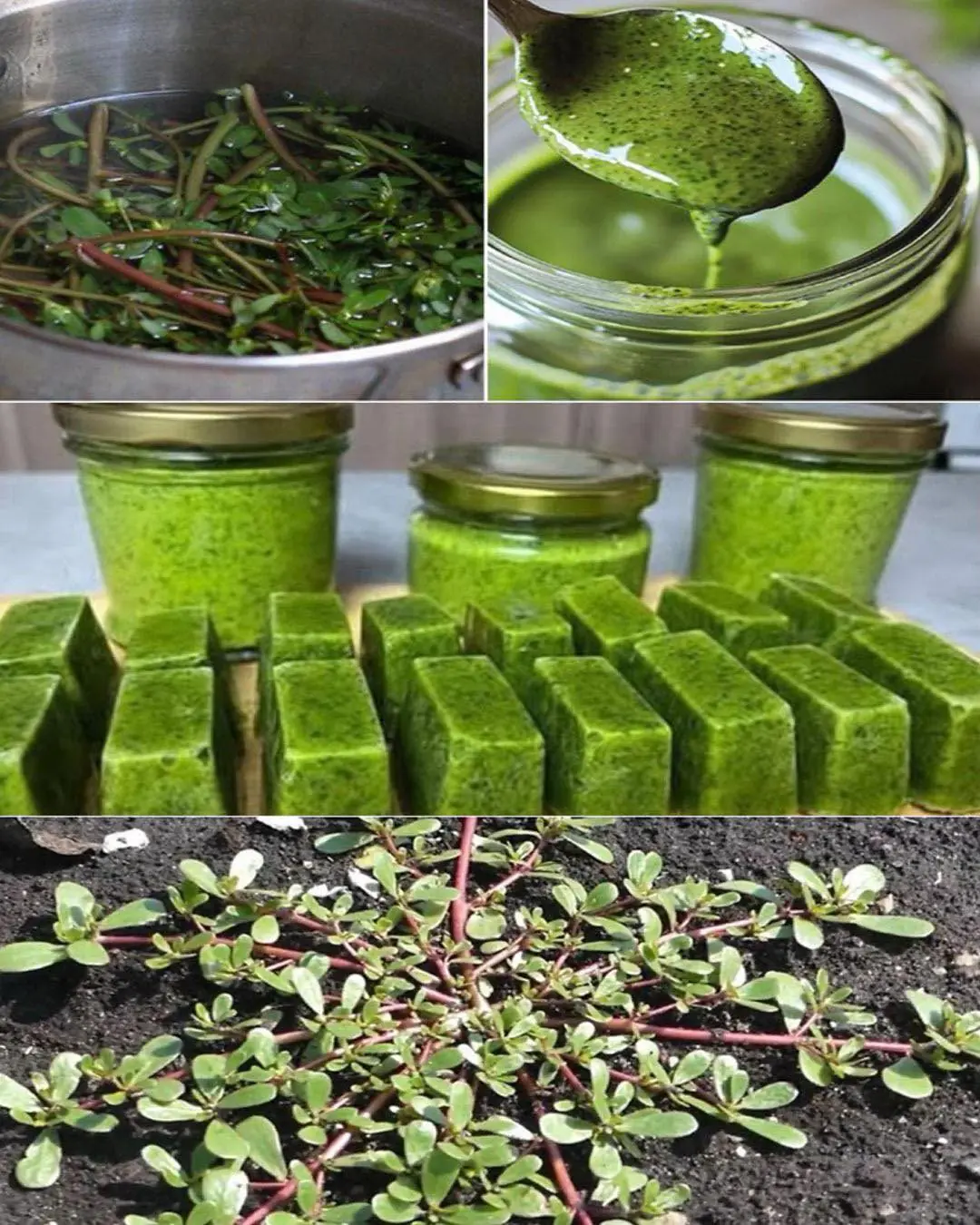
Purslane: The Superfood That Tastes Better Than Meat – 7 Reasons to Grow It in Your Garden

Papaya releases a milky sap, but most people don’t realize how important it is
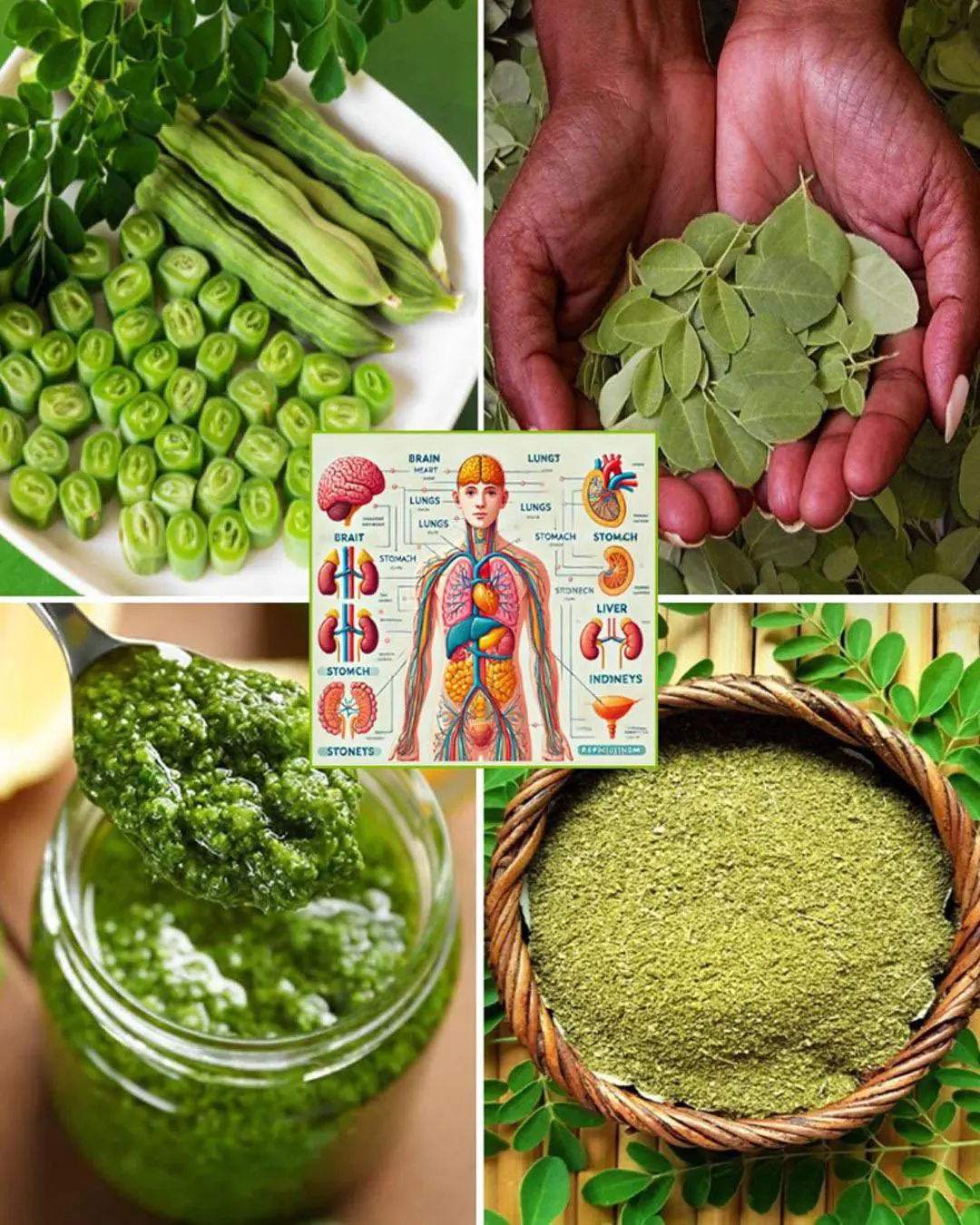
Discover The Miraculous Benefits of Moringa

Bryophyllum Calycinum (Kalanchoe Pinnata): Benefits and Uses

How to Quickly Get Rid of Bed Bugs, Cockroaches, Fruit Flies, and Other Insects Using Natural Ingredients

Fig Leaves: Surprising Benefits and Uses

Ignite Your Passion at Any Age: The Surprising Power of Coffee & Garlic
News Post

Growing Wildflowers: A Mother’s Journey Through the Chaos

The Baby in Princess Diana’s Arms

A Lifetime in Bloom: Lois Shows Us What Passion Truly Grows

Farewell to a Giant Soul: Vatsala the Elephant Passes at 100

Keeping the Monsters Away: The Quiet Heroism of Foster Parents

From Sidewalk to Forever: A Daughter’s Choice That Changed Everything

A Thirst for Life: Cyclists Halt Ride to Save Parched Koala in Australia’s Heatwave

An Actor’s Greatest Role: Morgan Freeman Becomes a Guardian of Strays

When a Celebration Became a Goodbye: A Daughter’s Farewell to Her Faithful Companion

Bella the Hero: How a Pit Bull’s Loyalty Saved a Life

No Matter How Dirty You Are, Absolutely AVOID These 7 “Dangerous Hours” When Washing Your Hair to Prevent Stroke, Sudden Illness, or Hospitalization Without Warning

3 Common Mistakes When Using Plastic Wrap That Can Cause Cancer and Are Often Made by Many People

A Kiss from Joy: The Language of Love Between Elephants and Humans

What Do Vertical Nail Ridges Mean After 40

A Brave Fight for Life: Kuba’s Battle Against Ewing’s Sarcoma

Avocado Seeds Benefits: 7 Reasons to use them

9 Signs You’re Actually Going Through Menopause (Even If You Didn’t Realize It)

Morning Detox Elixir: Olive Oil, Lemon & Ginger – The Natural Cleanse You Need Daily

Nine Children in Dawsonville Get the Gift of a Bed, Comfort, and Peaceful Sleep
